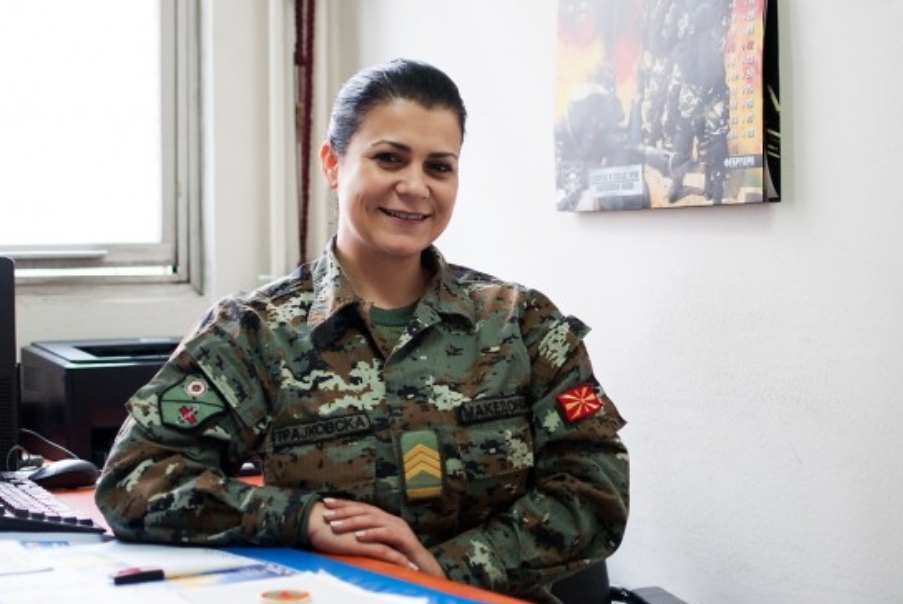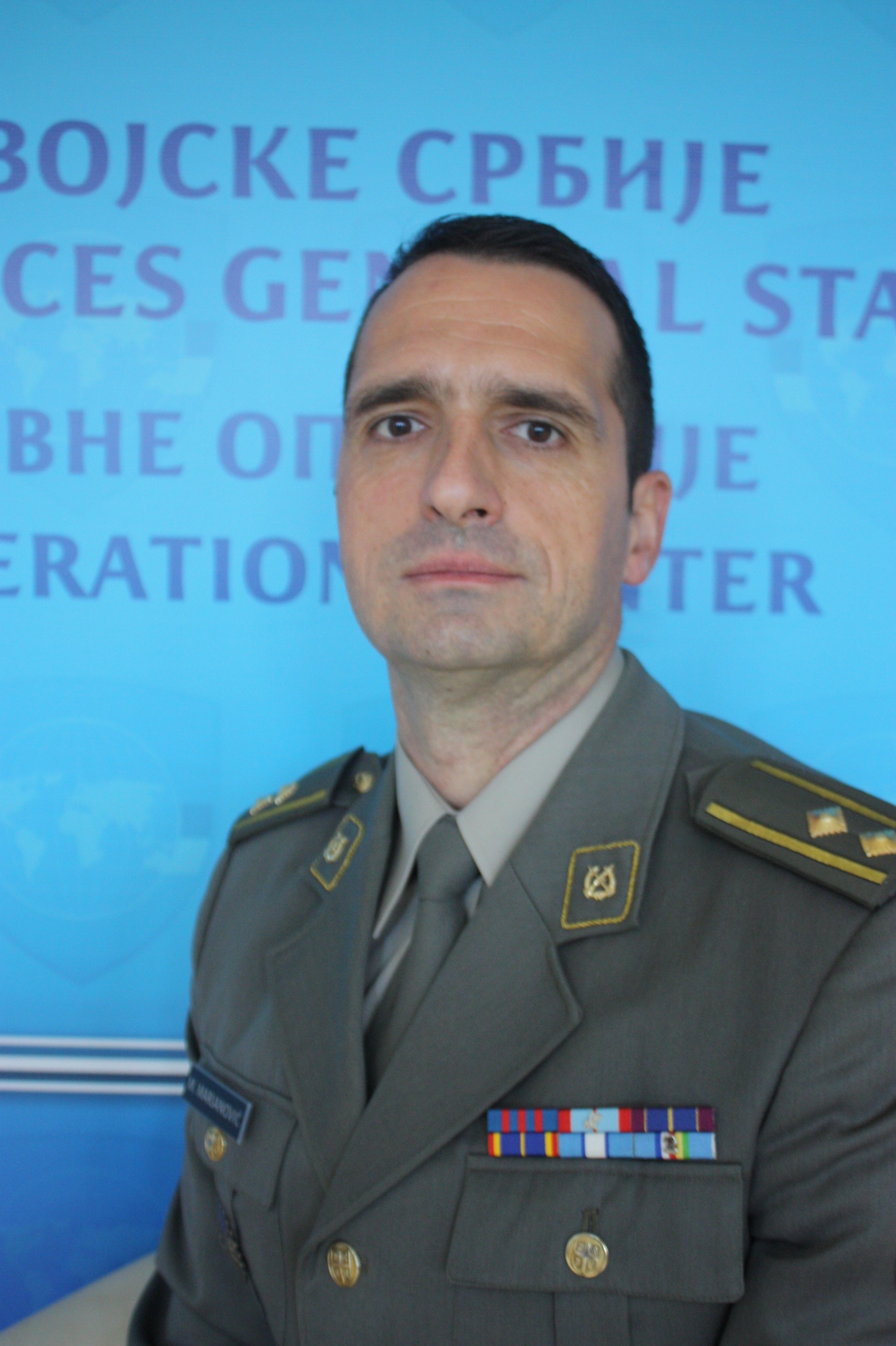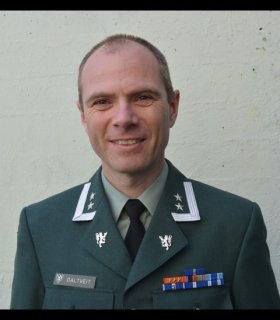Side Event: Women in Security Sector Reform – Promoting Inclusion of Women in Crisis Management Missions (Co-sponsored by Slovak OSCE Chairmanship, OSCE and UNDP)
Discussion Points:
- How can SSG/R contribute to a more gender-balanced and gender-responsive security sector? What institutional changes are needed to address barriers to the participation of women in the security sector? How can professional standards and values be integrated and internalized in existing structures? What national experiences and examples can be shared?
- Which national mechanisms exist for the recruitment and deployment of women representatives to international crisis management missions? What are the national best practices?
- How can international crisis management missions, and international and regional organizations best support the creation of an organizational culture that offers equal opportunities for women and men and a positive working environment?
Promoting full inclusion of women in international crisis management missions is important to improve effectiveness, credibility and legitimacy of security sector institutions, and to promote gender equality at home and abroad.
In many countries, including in the Western Balkans, the women in international crisis management missions remain underrepresented.[1] This is partly due to structural challenges, such as the underrepresentation of women in national security sectors (military, police, border guards, etc.) and persisting gender stereotypes. At the same, international crisis management missions could improve their recruitment practices and efforts to create a working environment in missions’ settings that is conducive to both women and men contributing at their full capacity to better solutions to security challenges. A pro-active approach to recruitment and retention of female staff, comprehensive family policies for women and men and work culture that values diversity have been identified as enabling factors for improved gender balance in international missions.
Inclusive approaches to reforms in the security sector call for the need to create equal opportunities within the security services at all levels that allow for equal opportunities to recruitment, the retention and career development for men and women. This includes the need to promote and develop polices for the engagement of women in judicial, prosecutorial and law enforcement institutions, as well as in the parliamentary oversight of the security sector. As security needs and experiences of men and women differ, national security sectors can only be effective through active participation of women and men. The contribution of women can enhance a security sector’s understanding of and response to the security needs of different segments of society, both when serving at home, as well as abroad.
This side event provides an opportunity to build upon and broaden the discussion on the institutional changes needed to ensure a more gender-balanced and gender-responsive security sector, as a pre-requisite for increasing women’s participation in international crisis management missions and the gender responsiveness of these missions. Speakers will share good practices and experiences from recent developments in the Western Balkans. Representatives from international organizations will also discuss measures to ensure the creation of an organizational culture that is based on gender equality.
[1] https://www.cmcfinland.fi/wp-content/uploads/2017/01/40561_WP-2012-2_1325_survey.pd; http://www.europarl.europa.eu/RegData/etudes/STUD/2017/603855/EXPO_STU(2017)603855_EN.pdf





